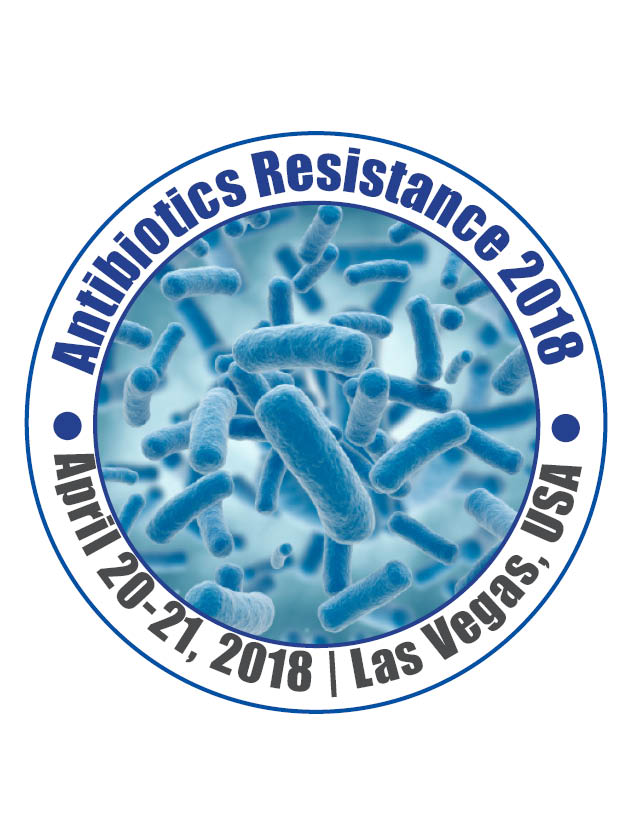
Tore Midtvedt
Karolinska Institutet, Sweden
Title: A holistic approach for evaluation of adverse effects regarding usage of antimicrobials
Biography
Biography: Tore Midtvedt
Abstract
In the present setting, the term eco-shadow is defined as future alterations in an ecosystem following exposure of the ecosystem to antimicrobial agens. The alterations can be of variable length and can involve variations in numbers and fuctions of species/strains as well as development of resistance to such agens.
In the past. most attention has been paid to development of antibiotic resistance following exposure of microorganisms to antibiotics. Nowadays. It is a rapid body of evidence showing that usage of any antimicrobial may lead to development of resistance and spreading of resistant microbial strains. Groups of substances studied to a certian degree include desinfectants, herbicides, pesticides, food additives, genetic modified organisms (GMOs)(dependiing of how they are produced), many heavy metals and even probiotics. Most often, the new resistance is found on plasmids, often rapidly coupled with resistance to commonly used antibiotics. Thus, usage of a desinfectant or a herbicide might be driving forces in a rapid spreading of resistance to clinically important antibiotics.
Therefore, our fight against increasing antibiotic resistance can not any longer be restricted to a more controlled usage of genuine antibiotics, but has to include a similar usage control of all antimicrobials. Additionally, new approches have to be taken into considerations Focus has to be put on spreading mechanisms. Cleansing of sewage will include eradication of antibiotic resistant genes, feces transplants have to be controlled for absence of defined gene resistance, etc, etc. This is not science fiction, but technologies under establishment.
Thus: eco-shadows following usage of any antimicrobial should be minimized

